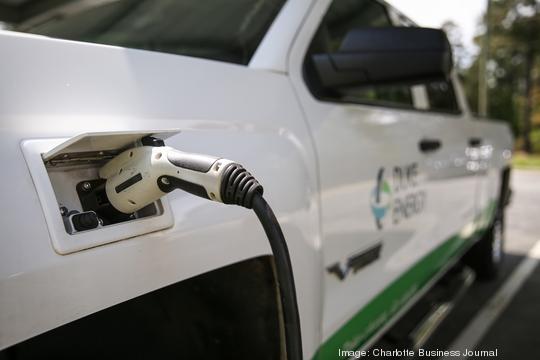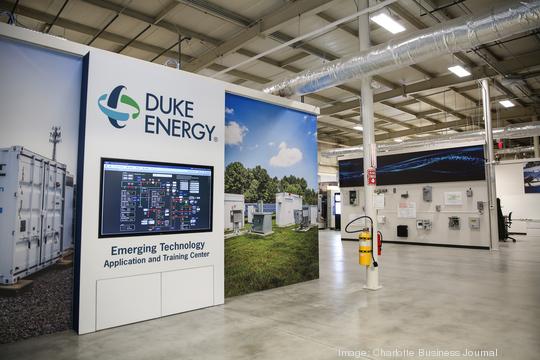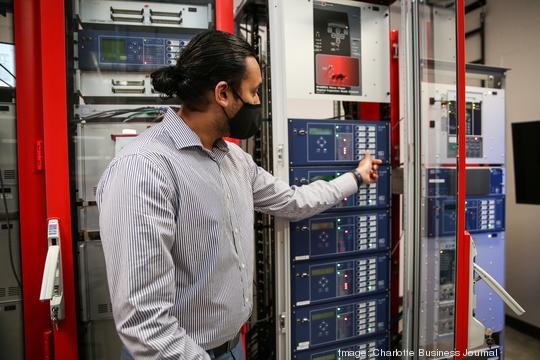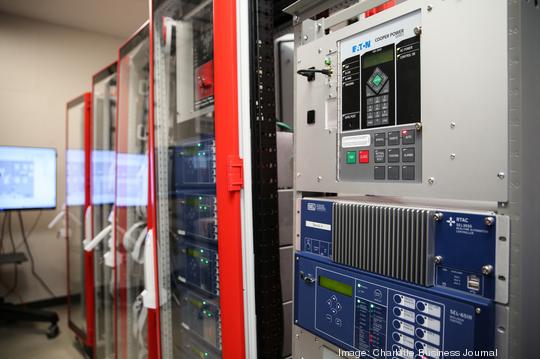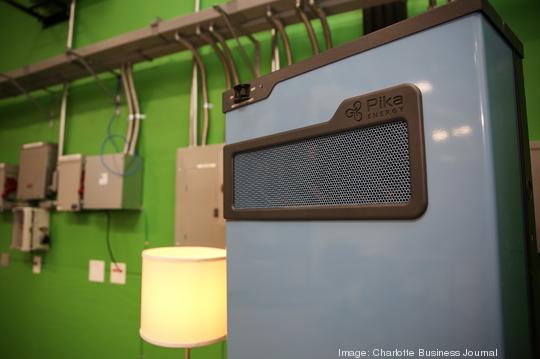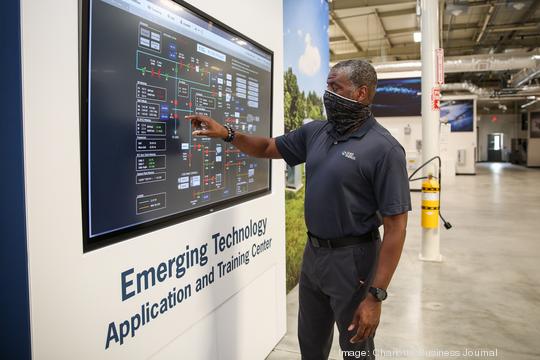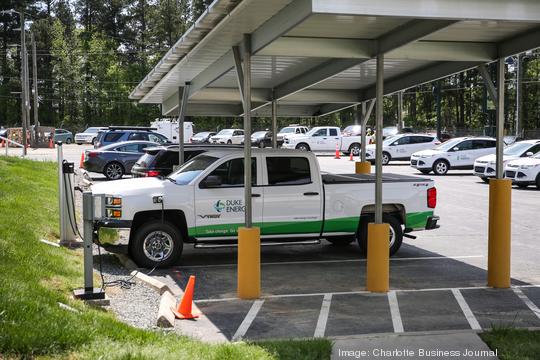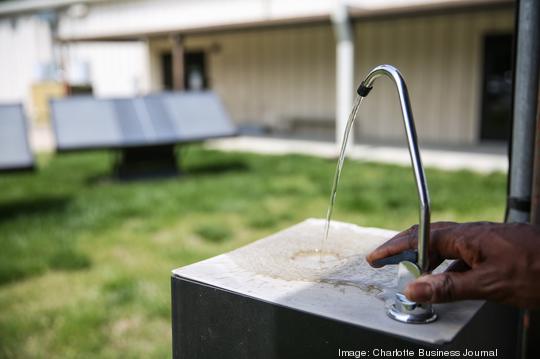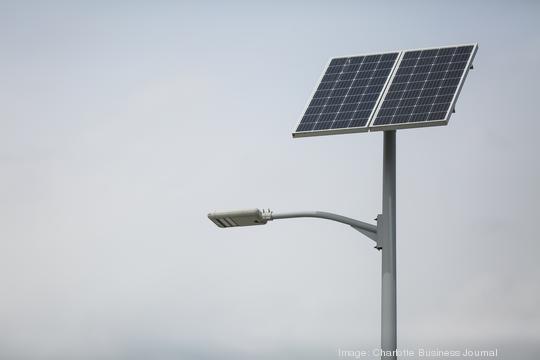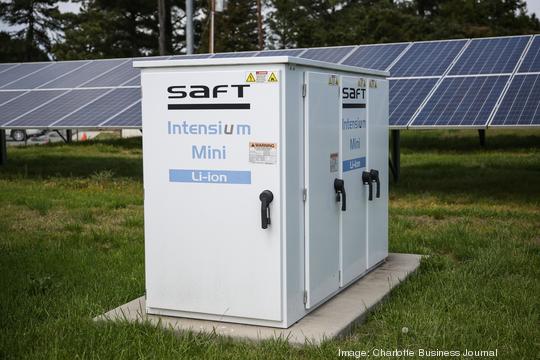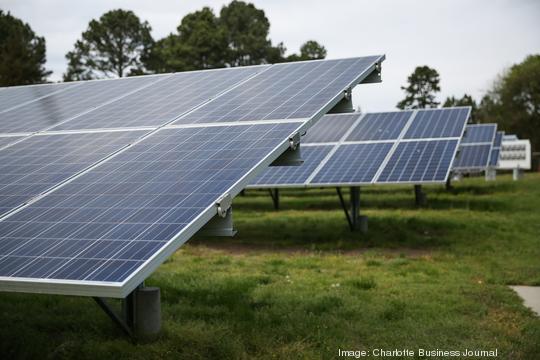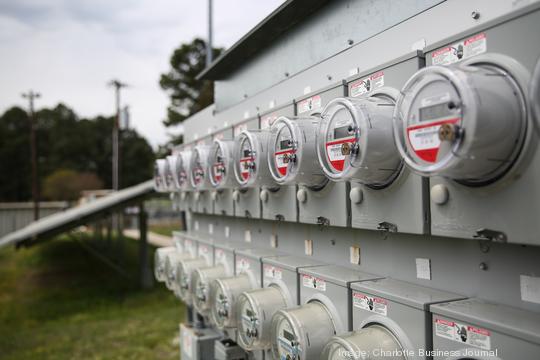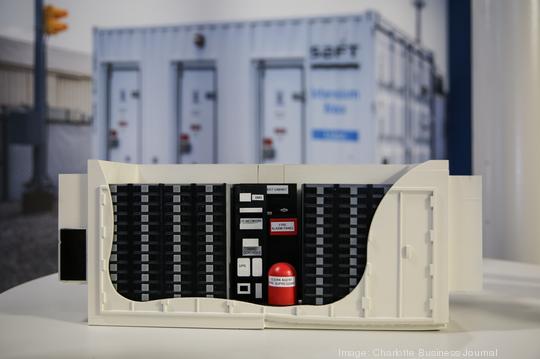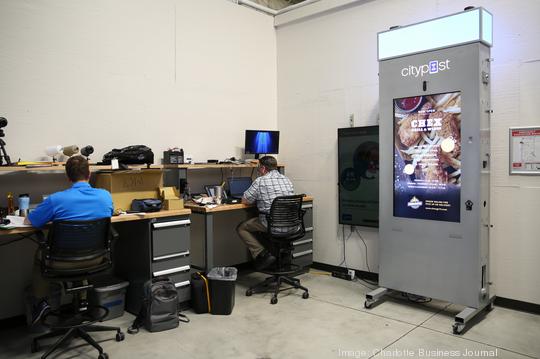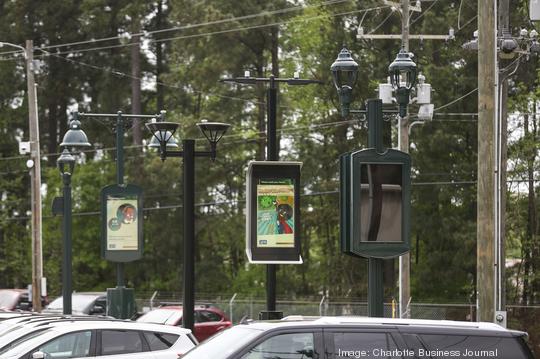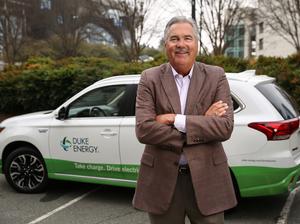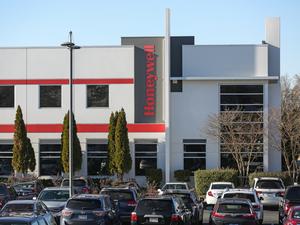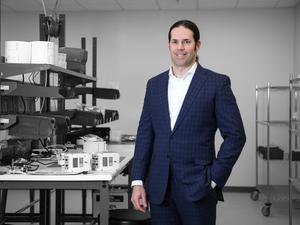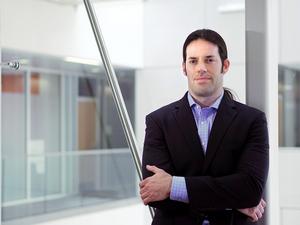Charlotte is perhaps best known for the position it holds in the financial-tech industry. If the last few years are any indication, however, city officials, local executives and entrepreneurs are working to make this banking town's mark on clean energy even more prominent.
Mike Rowand, Duke Energy Corp. (NYSE: DUK) director of technology and development, said clean tech in Charlotte is moving in the right direction, thanks to a few key players.
"There is more going on here than the average person realizes," he said. "Atom Power is doing some really innovative stuff and can make a huge impact, and Joules Accelerator has helped, especially over the last several years."
Local startup Atom Power, maker of a product suite that includes a digital circuit breaker called Atom Switch, a distribution panel called Atom Panel and software called Atom OS, is quickly emerging as a household name in the clean tech startup space.
Founder Ryan Kennedy said though Charlotte is not yet a hub for clean tech startups, the city is making progress.
"Charlotte has always been an energy hub, but we don’t always promote ourselves that way," he said. "Clean tech is producing or consuming better ... And the really bright companies see that [the opportunity] is really in the electric vehicle space."
Electric vehicles
Charlotte has become a shining example of how doing one thing well can lead to a wealth of opportunity.
Kennedy said electric vehicles will soon eclipse HVAC as the largest consumer of energy, which is why Atom Power has been working on a solution to charge vehicles without adding additional infrastructure.
"I think there’s a lot of attention there. Our attention is certainly there," he said.
This summer, the startup will roll out a variant of its circuit breaker designed to charge vehicles directly from the power distribution system, which in this case is the circuit breaker itself.
"Our target market is fleet vehicle charging," he said. "It's a big market in the EV space with parcel pickup and delivery fleets. It could also mean, more largely, municipalities and companies transitioning vehicles ... We're focused on how to charge a lot of cars at one time."
In February, Duke Energy launched its new eTransEnergy subsidiary that provides vehicle fleet-electrification services. It's designed to help large businesses and municipalities with planning, financing, acquisition and deployment services to convert their operating fleets to electric vehicles.
Doug Esamann, Duke Energy vice president of energy solutions, recently told the Charlotte Business Journal that the decision to focus on converting fleets was strategic.
"We believe the fleet market is on the verge of exploding. It’s really going to open up. The economics are looking more and more compelling for owners," he said.
Arrival is getting in on Charlotte's growing EV trend, too. The British EV manufacturer, which designs and produces zero-emission vehicles, has committed to investing about $3 million and bringing 150 jobs when it opens its office space in South End. The company is also opening a microfactory in Rock Hill.
Katie Riddle, Charlotte's energy sustainability coordinator, said Arrival signed a memorandum of understanding with the city and intends to work with city officials to achieve the goals laid out in the recently adopted Strategic Energy Action Plan.
Riddle said city officials are thrilled that companies are investing time and money into Charlotte's clean tech and clean energy ecosystem.
"Organizations recognize the importance of a low-carbon future and also recognize that Charlotte is doing innovative and impactful work to become a low-carbon city," she said.
Initiatives
North Carolina landed at No. 27 on the American Council for an Energy-Efficient Economy's 2020 State Energy Efficiency Scorecard. This was down one spot from the year prior, but overall the state earned one more point than in 2019.
A 2020 study completed by the organization found that policies to improve the energy efficiency of homes and buildings in North Carolina over the next two decades could restore jobs and save $5.9 billion in electricity costs. North Carolina was also marked as one of five "states to watch."
If green initiatives are what the state needs, city of Charlotte officials are already on board.
City council adopted its Strategic Energy Action Plan (SEAP) in late 2018. It has become the framework for how Charlotte strives to have fleet and facilities fueled by 100% zero-carbon sources by 2030, Riddle said.
Additionally, the plan set a community-wide goal for Charlotte to become a low-carbon city by 2050 by reducing greenhouse gas emissions to below two tons of carbon dioxide per person annually.
"With these foundational elements, the city has taken bold strides forward, advancing the state of clean technology and clean energy here in Charlotte through investments made to reduce carbon emissions," she said.
Just last week, Honeywell International Inc. committed to reaching carbon neutrality in its operations by 2035. The Charlotte-based technology and manufacturing company told CBJ it will reach this goal by investing even more in energy savings, conversion to renewable energy sources where possible, converting its vehicle fleet from fossil fuels and employing credible carbon credits from its own internal operations.
Bob Irvin, executive director of Joules Accelerator, said he wants to see Charlotte become a hub for clean energy startups as the ecosystem continues to grow. In the meantime, he said, Joules continue its work to get startups from other states and regions to invest in clean tech right here.
The accelerator, founded in 2013, enables the growth of high-potential clean energy startups by facilitating training, mentoring and access to utilities, customers and key industry players.
"Most of the time we find companies outside the region, bring them here and then do three things: Economic development, community engagement and business development," he said. "We’re getting a lot of traction in other places, but we would like to get more traction in Charlotte."
The question is, how do we get the region to open up and test early-stage tech to meet strategic energy goals?" Irvin added.
The future
Riddle said the SEAP's solar energy project is expected to save the city close to $2 million in energy expenses over 20 years. The program also aims to create more than 400 new jobs in the region, improve air quality and remove the equivalents of 12,000 passenger vehicles from the road through the reduction of carbon emissions.
"The city is making major investments to strive towards a low-carbon future," she said.
During the fiscal year 2021 budget cycle, Riddle said City Council made a more than $16 million commitment to a sustainable, low-carbon future. The investments include the addition of electric vehicles to the city fleet, installing solar panels to city-owned rooftops, investing in a Green Workforce Development Program and a Renewable Energy and Efficiency Workforce training program, she said.
Rowand said between the city leadership's plans, Duke's initiatives and emerging startups, he believes Charlotte is at the precipice of its clean tech and clean energy journey.
"I think we’re too early in the journey to say expectations have been met, regardless of what we’ve already done," he said. "In all of the conversations I’ve had with city folks in the last year, there’s a sincere desire to move forward."
Rowand added," Transportation is going to be a big part of that. I think it'll be the single largest clean tech innovation area over the next decade."
